Keywords: Japan
There are more than 200 results, only the first 200 are displayed here.
-
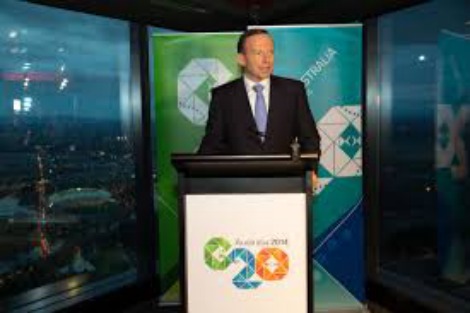
AUSTRALIA
- Tony Kevin
- 18 November 2014
4 Comments
Abbott's best G20 moment was his closing media conference, where he gave an outlined the meeting's achievement of a 2.1 per cent global economic growth plan over the next few years. But on two important matters – climate change and Ebola - the dynamic of the meeting got out of his control and produced outcomes clearly not to his liking. Abbott's counter-strategy – quite successful in retrospect – was to set media hounds running to the side-drama of Vladimir Putin.
READ MORE 
-
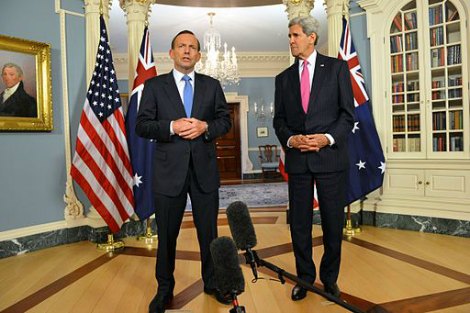
INTERNATIONAL
- Tony Kevin
- 12 September 2014
11 Comments
Since Richard Casey was External Affairs Minister in the 1950s, the three pillars of Australian foreign policy have been: a genuine reaching out to our Asian neighbours, adherence to UN-based multilateral values and institutions, and a firm but self-respecting defence partnership with the United States. All those pillars look pretty shaken now.
READ MORE 
-
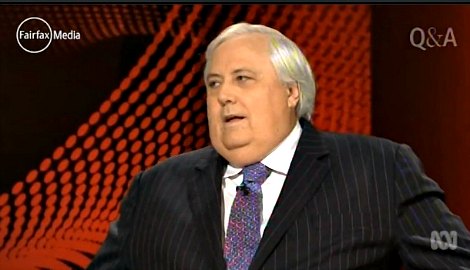
AUSTRALIA
- Evan Ellis
- 25 August 2014
2 Comments
China's meteoric rise is still a relatively new phenomenon. The contours of public discourse on this topic are not yet well worn. Clive Palmer's comments weren't a gaffe so much as a stump speech.
READ MORE 
-
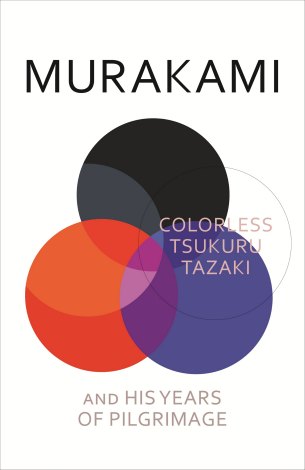
ARTS AND CULTURE
- Barry Gittins and Jen Vuk
- 01 August 2014
3 Comments
In his native Japan, the name Haruki Murakami has immense currency. In the first week of its release his latest novel Colourless Tsukuru Tazaki and His Years of Pilgrimage sold more than one million copies. Coming from a traditional culture where assimilation and social order has been a historical imperative, perhaps the book's themes go beyond the intimate to acknowledge the soul-eating, conformist nature of society.
READ MORE 
-
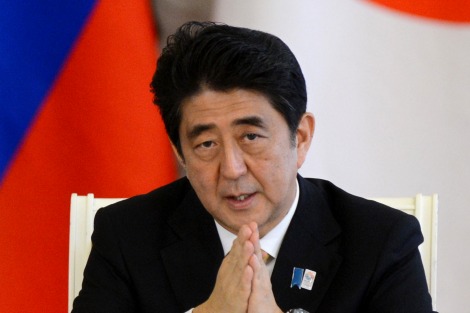
AUSTRALIA
- Walter Hamilton
- 09 July 2014
5 Comments
Japanese Prime Minister Shinzo Abe's perspective on modern history would offend most Australians. He sits in the camp that believes Japan fought a defensive war. Abe and Tony Abbott will adopt a series of measures for strengthening joint military exercises, enhance people-to-people exchanges, formally sign a 'free trade' agreement, and much more. A full-course meal that Australians would be advised to chew over well.
READ MORE 
-
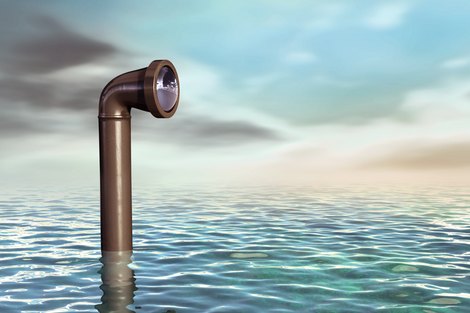
ARTS AND CULTURE
When I was young, I thought that men and women in the military were violent and foolish. Now I understand that they are braver than I was, brave enough to admit and acknowledge our ancient addiction, and in many cases do astounding things to bring it to an end; the most eloquent and articulate agents for peace I ever met are those who've been in wars, and the most strident agents for wanton butchery are those who never knew it.
READ MORE 
-
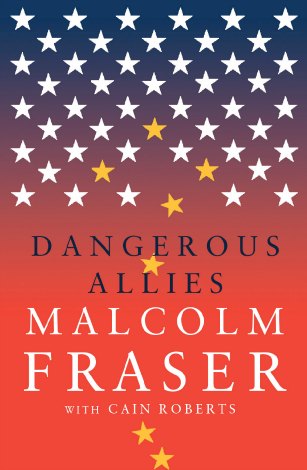
ARTS AND CULTURE
- Barry Gittins and Jen Vuk
- 16 May 2014
2 Comments
Fraser was a ruthless, conservative political animal who today is one of our most prominent human rights champions. The elder statesman is quite the angry young man in print. He delights in telegraphing his haymakers and following through with a well-placed elbow or two. Put bluntly, Fraser suggests we need to shed our lackey status. 'We need the United States for defence,' he argues, 'but we only need defence because of the United States.'
READ MORE 
-

INTERNATIONAL
- Walter Hamilton
- 09 April 2014
3 Comments
The two powers in Asia on whom our economy and security depend, Japan and China, have reached an impasse. That should not constrain Australia from reaching out to both on the basis of mutual interest and shared values. China has a keen appreciation of the former and an abiding suspicion of appeals to the latter. Distinguishing one from the other and acting accordingly is the first great test of Abbott's statecraft.
READ MORE 
-

INTERNATIONAL
- Walter Hamilton
- 24 February 2014
4 Comments
Tony Abbott has described Japan as Australia's 'best friend in Asia'. When he journeys to Japan in April and his Japanese counterpart Shinzo Abe reciprocates in July, the two leaders will move to cement a new 'normal' in the relationship between their nations, including closer defence cooperation. As a correspondent in Japan in the '80s and '90s, I believed Japan's extreme right to be noisy but irrelevant. I'm now coming around to a different view.
READ MORE 
-
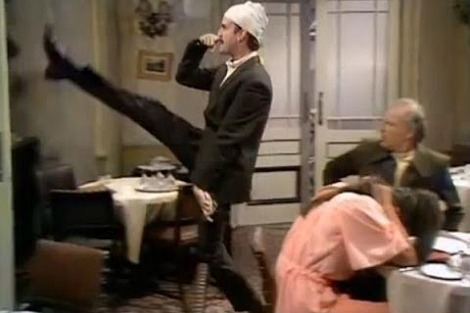
AUSTRALIA
- Ray Cassin
- 29 January 2014
15 Comments
'Don't mention the war!' admonishes John Cleese as the hapless hotelier Basil Fawlty in the classic television comedy series Fawlty Towers. With a string of war-related anniversaries to take place over the next four years, beginning this year with the centenary of the outbreak of the First World War, we may soon find ourselves sharing Fawlty's sentiments.
READ MORE 
-

ARTS AND CULTURE
- Bronwyn Lay
- 23 October 2013
5 Comments
Human land practices and increasing temperatures alter the earth, and are influenced by politics, law, philosophy and economics. In Lisbon, Western philosophy sought to sever God from nature; now we pretend that the fusion of humans and nature doesn't exist. The term natural disaster shouldn't be trusted. It is superstitious to think humans and nature aren't locked in a reciprocal relationship with political and ethical responsibility.
READ MORE 
-

AUSTRALIA
- Michael Mullins
- 07 October 2013
6 Comments
Australia tied with Denmark, Finland and Japan for the title of the world's least bribe-ridden country in 2013. Our cultural resistance to corruption has long been a major contributor to Australia's reputation as a good global citizen, not to mention economic prosperity. Pope Francis said last week that we all have our own idea of good and evil, and each of us fighting against evil as we conceive it makes the world a better place.
READ MORE 